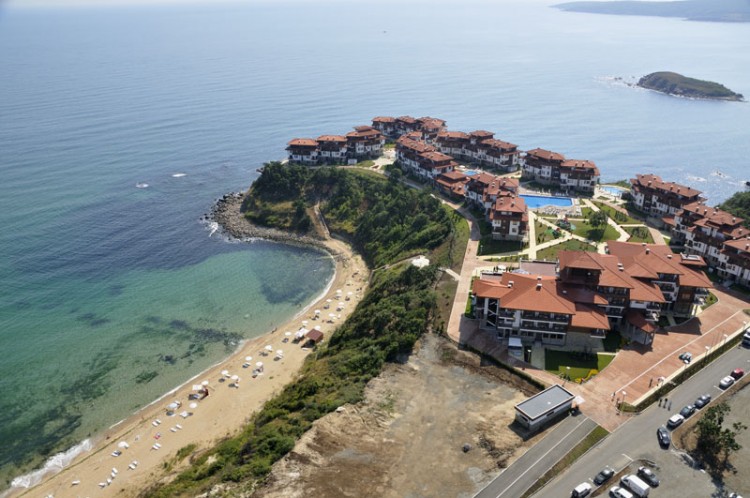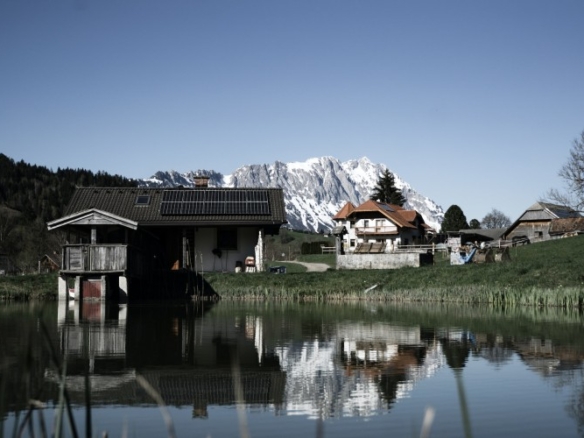The real estate market in Bulgaria has seen various changes in recent years. In 2016, the market saw a doubling of demand. Investment levels increased to the tune of 30% and construction stretched well into the following year. This growth was a huge pull for all kinds of traders who contemplated investing in the market. The growth also reflected in the forex market where Bulgarian forex traders (also known as “Търговия с демо сметка“) saw an increasingly regulated foreign exchange market. The influx of investment and the growth of the real estate market often leaves a huge impact on the forex business.
In 2017, the overall market in Bulgaria experienced growth as the GDP of the country was growing at a steady rate. This growth was primarily as a result of an increased demand for local commodities and the success of economic policies of previous years. Property interest rates continued to drop as the demand for loans on property saw an increase. The demand for houses was still quite high and banks were at the leading front encouraging investors to put their money in the real estate business. The economic success also made a strong case for investors who had confidence that their investments would yield profits. As the year closed in 2017, a few things could be observed. They include:
- The demand for luxury property increased
- The overall real estate market continued to rise
- Interest rates on house purchases grew
The explanation for these observations was that more and more Bulgarians living abroad preferred to have their vacations back at home. This is especially considering that the terminal months of the year saw the most vigorous activity in the market. The real estate market saw all kinds of activities taking place in the sector. New houses were being bought by consumers and occupied houses were also being resold. As the year closed, the same momentum that started in the middle of the year was still being felt.
The Real Estate Market In 2018
As for 2018, many stakeholders expected the market to cool down from the activity that was witnessed in 2017. The story has however been different so far. In the initial months of 2018, the Bulgarian economy has seen the same robustness experienced in 2017. The stability that has been established within the last few years is still commanding the direction of the market. There have not been any radical changes or market turmoils that could particularly upset the trend that has already been established. Because of this, the property market is also expected to continue growing.
The demand for housing units might not hit record levels but it will be as strong as it was in the previous year. The market is still benefiting from increasing employment rates, rising incomes and low interest rates on property. These are usually the three key factors used to predict the performance of the real estate market. As more and more people benefit from employment, they will demand houses. Since the interest rates are conducive, it can only be expected that construction levels will increase and the market will see a sustained positive growth.




